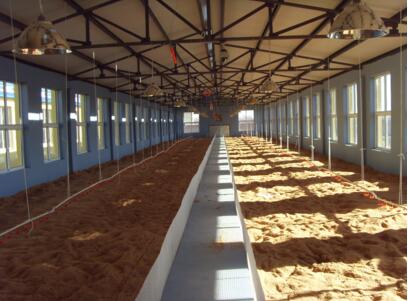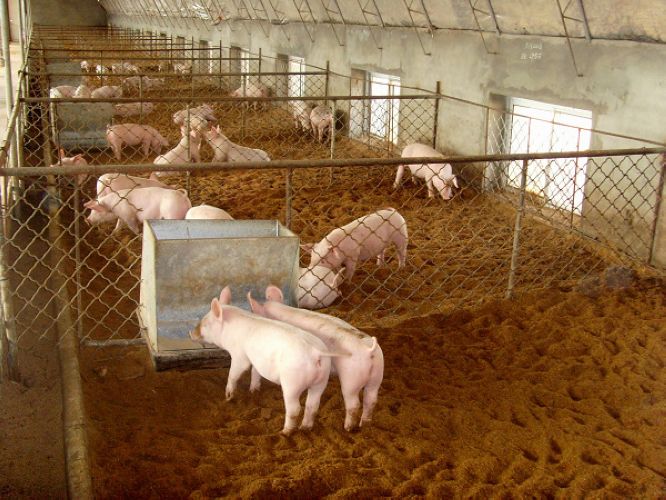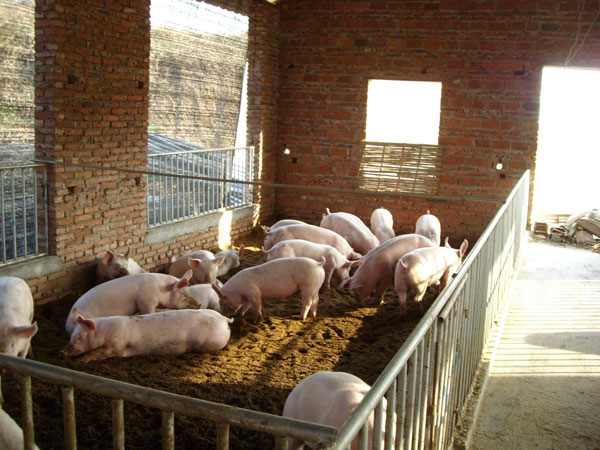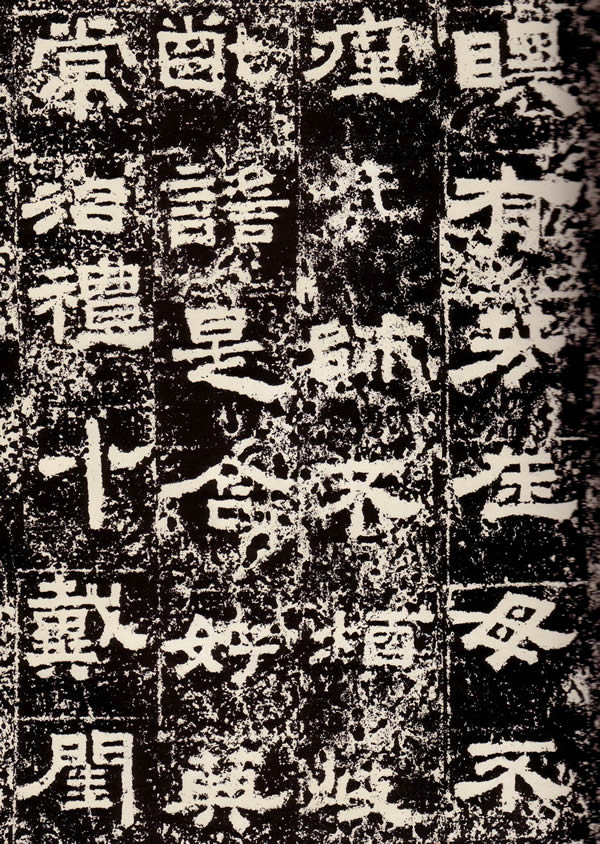The Birth of Modern English

English literature has a rich history that spans over a thousand years, with its roots in the Anglo-Saxon period. The language itself evolved from Old English to Middle English and eventually to Early Modern English. This evolution was influenced by various invasions, cultural exchanges, and technological advancements.
During the 16th century, the printing press revolutionized book production, making written works more accessible to the masses. William Caxton's introduction of moveable type printing in 1476 marked a significant turning point in this process. As literacy rates increased, so did the demand for reading materials.
Renaissance Revival
The Renaissance saw a resurgence in classical learning and artistic expression across Europe. England was no exception; it experienced its own literary renaissance during this period known as the Elizabethan era (1558-1603). Playwrights such as Christopher Marlowe and William Shakespeare gained immense popularity for their works on stage.

Shakespeare's plays not only captivated audiences but also contributed significantly to modern-day vocabulary with numerous phrases and expressions that have become an integral part of our language.

Romanticism Takes Center Stage

As we transitioned into the Romantic era (late 18th century), literature took on new dimensions exploring emotions, nature, individuality, and imagination. Poets like Lord Byron and Percy Bysshe Shelley became celebrated figures who championed these ideals through their works.
Their poetry often reflected themes of love loss personal struggles against societal norms while celebrating human potentialities above materialistic pursuits inspired generations following them to embrace creativity self-expression over conformity conventionality
Victorian Era: Industrialization & Social Change
The Victorian era (1837-1901) witnessed unprecedented industrial growth economic prosperity social change alongside growing class disparity poverty urbanization amidst progress In response writers like Charles Dickens Oscar Wilde George Eliot sought out ways express contemporary issues concerns through fiction satire drama novels essays

Dickens' vivid descriptions painted pictures of life among London's working-class populations his critiques highlighting social injustices exposed many flaws within society While Wilde's wit humor offered biting commentary on hypocrisy inequality Victorian values
Modernism & Beyond
In contrast post-war modernist movements characterized by experimentation fragmentation stream-of-consciousness narratives fragmented narrative structures challenged traditional notions storytelling With authors such as James Joyce Virginia Woolf T.S.Eliot Ezra Pound pushing boundaries exploring unconventional forms innovative techniques they reshaped what it means be writer reader engage with text today Their influence continues inspire future generations continue evolve literary landscape




